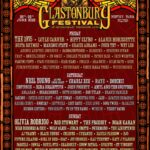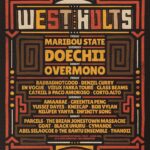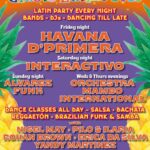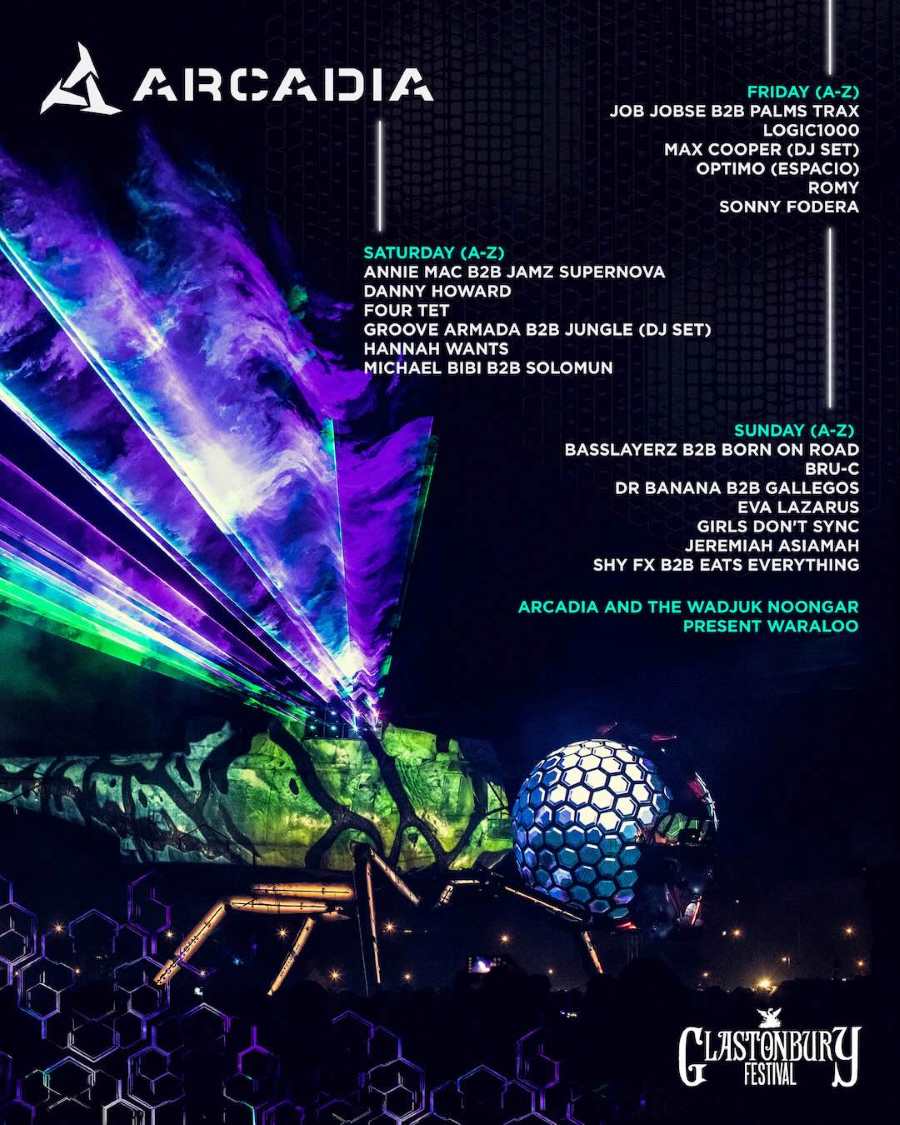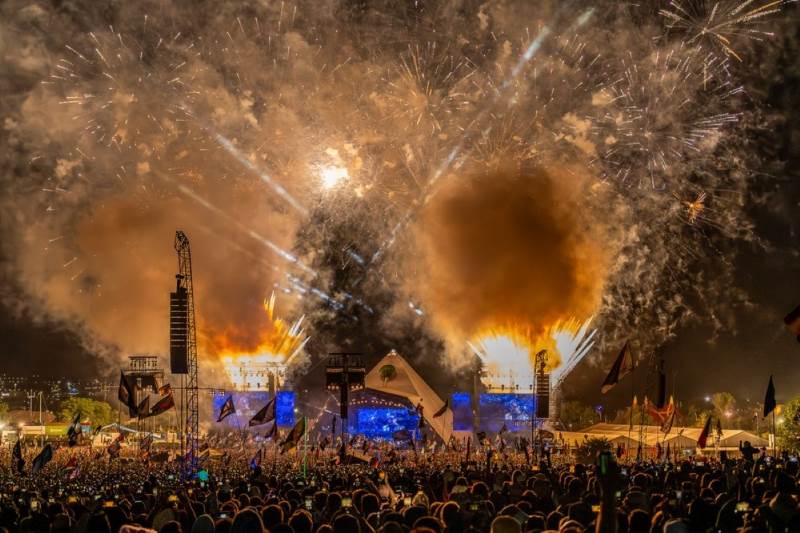
Glastonbury Festival 2025
History of Glastonbury Festival
The Glastonbury Festival has a rich history that spans over five decades. The first festival was held in 1970, organized by Michael Eavis and his wife Jean Eavis. The event was called the Pilton Pop, Folk and Blues Festival and was attended by around 1,500 people. The festival was held on the Eavis’s farm in Pilton, Somerset, and featured acts like Marc Bolan and Keith Christmas.
In the early years, the festival was a small, laid-back event that focused on folk and rock music. However, as the festival grew in popularity, it began to attract bigger names and a wider range of genres. The 1980s saw the introduction of the iconic Pyramid Stage, which has since become a symbol of the festival.
The Festival Site
The Glastonbury Festival is held on a 900-acre site in Pilton, Somerset. The site is divided into several areas, each with its own unique character and attractions. The main areas include:
The Pyramid Stage: The iconic main stage that hosts some of the biggest names in music.
The Park: A sprawling area that features a variety of stages, including the Park Stage and the Rabbit Hole.
The Green Fields: A peaceful area that focuses on spirituality, wellness, and alternative lifestyles.
The Unfairground: A quirky area that features a range of eccentric attractions and installations.
The Block9: A futuristic area that features a range of electronic and dance music stages.
Music and Performers
The Glastonbury Festival features a diverse range of music and performers. The festival has hosted some of the biggest names in music, including Paul McCartney, Beyoncé, and Coldplay. The festival also showcases a range of emerging talent, with many new acts performing on the smaller stages.
The festival features a range of genres, including rock, pop, indie, electronic, and hip-hop. The festival also hosts a range of specialist stages, including the Jazz and Blues Stage, the Acoustic Stage, and the Poetry and Words Stage.
Art and Culture
The Glastonbury Festival is not just about music; it’s also a celebration of art and culture. The festival features a range of installations, sculptures, and performances throughout the site. The festival also hosts a range of workshops, talks, and debates on topics like politics, environmentalism, and social justice.
Food and Drink
The Glastonbury Festival offers a wide range of food and drink options, from traditional festival fare like burgers and fries to more exotic options like vegan and gluten-free cuisine. The festival also features a range of bars, including the iconic Brothers Bar and the Somerset Cider Bar.
Sustainability and Environmentalism
The Glastonbury Festival has a strong commitment to sustainability and environmentalism. The festival has implemented a range of initiatives to reduce its carbon footprint, including solar-powered stages, composting toilets, and a ban on single-use plastics.
Charity and Community
The Glastonbury Festival has a long history of supporting charity and community causes. The festival has raised millions of pounds for charities like Oxfam, Greenpeace, and WaterAid. The festival also supports local community projects, including the Pilton Village Hall and the Somerset Rural Youth Project.
Attendance and Tickets
The Glastonbury Festival is one of the most popular music festivals in the world, with a capacity of around 200,000 people. Tickets for the festival usually sell out quickly, with many fans snapping up tickets as soon as they go on sale.
Economic Impact
The Glastonbury Festival has a significant economic impact on the local area, generating millions of pounds in revenue for local businesses and supporting hundreds of jobs. The festival also attracts tourists from all over the world, boosting the local economy and promoting Somerset as a tourist destination.
Challenges and Controversies
The Glastonbury Festival has faced its fair share of challenges and controversies over the years, including issues with crowd safety, noise pollution, and environmental impact. The festival has also faced criticism for its ticket prices, which some argue are too high and exclude many fans from attending.
Conclusion
The Glastonbury Festival is a unique and special event that celebrates music, art, and culture. The festival has a rich history and a strong commitment to sustainability and environmentalism. While the festival faces challenges and controversies, it remains one of the most popular and iconic music festivals in the world.
- Cost Daily from N/A - Full Weekend From £378.5
- Camping Available



